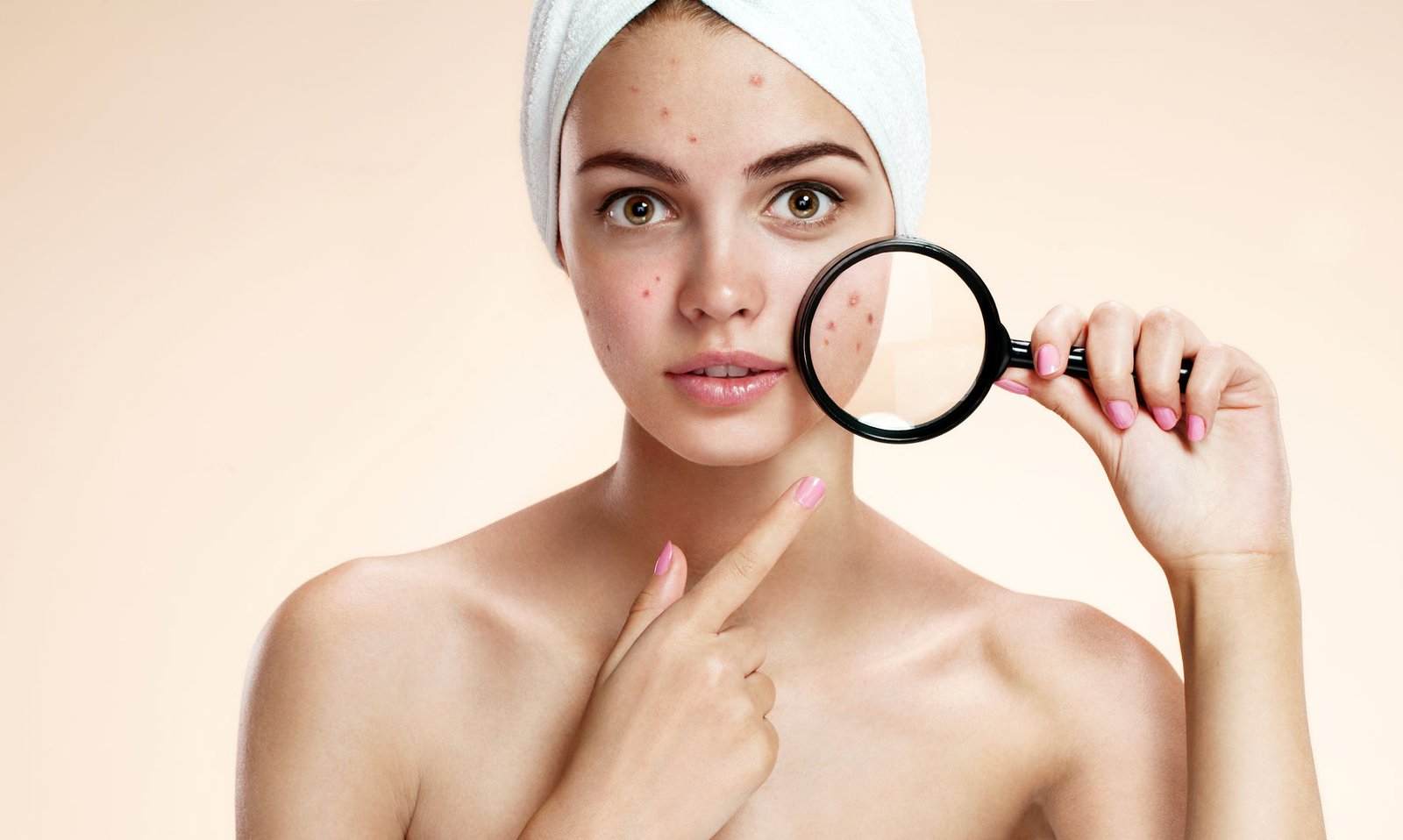Acne and Its Relation to Dairy
Understanding the Link Between Acne and Dairy Consumption
Introduction
Acne is a common skin condition that affects millions of people worldwide. While there are various factors that can contribute to the development of acne, including genetics, hormonal fluctuations, and skincare routines, emerging research suggests a potential link between dairy consumption and the prevalence of acne.
The Role of Dairy in Acne Formation
Understanding Dairy Products
Dairy products encompass a wide range of foods, including milk, cheese, yogurt, and butter. These products are derived from the milk of mammals, primarily cows, and are consumed in various forms across different cultures and cuisines.
The Impact of Dairy on Hormones
One of the key mechanisms through which dairy consumption may influence acne development is its effect on hormone levels within the body. Dairy products, particularly milk, contain hormones such as insulin-like growth factor 1 (IGF-1) and androgens, which can stimulate oil gland activity and increase sebum production in the skin. Elevated sebum production can clog pores and create an environment conducive to the growth of acne-causing bacteria.
Inflammatory Response
Moreover, dairy consumption has been associated with increased levels of inflammatory markers in the body, which can exacerbate existing acne lesions and contribute to the formation of new ones. Inflammation plays a crucial role in the pathogenesis of acne, and dietary factors that promote inflammation may worsen the condition.
Scientific Evidence Supporting the Link
Numerous studies have investigated the relationship between dairy consumption and acne prevalence, with several notable findings supporting the notion that dairy products may exacerbate acne symptoms.
Epidemiological Studies
Epidemiological studies have observed a positive association between milk intake and the incidence of acne among adolescents and young adults. For example, a study published in the Journal of the American Academy of Dermatology found that individuals who consumed higher quantities of milk were more likely to experience acne breakouts compared to those who consumed less or no milk.
Interventional Trials
Furthermore, intervention trials have provided additional evidence linking dairy consumption to acne severity. In a randomized controlled trial published in the Journal of Clinical and Aesthetic Dermatology, participants who followed a low-dairy diet for 12 weeks experienced a significant reduction in acne lesions compared to those who continued consuming dairy regularly.
Mechanistic Studies
Mechanistic studies have elucidated the biological mechanisms through which dairy products may contribute to acne formation. Research published in the Journal of Investigative Dermatology demonstrated that IGF-1 found in milk can activate mTORC1 signaling in skin cells, leading to increased proliferation of sebocytes and enhanced sebum production, both of which are implicated in the pathogenesis of acne.
Dietary Recommendations for Acne Management
Given the potential link between dairy consumption and acne development, individuals seeking to manage their acne symptoms may consider modifying their dietary habits accordingly.
Alternative Sources of Calcium
For those concerned about reducing dairy intake due to acne concerns, there are plenty of non-dairy sources of calcium available, including leafy green vegetables (such as kale and spinach), fortified plant-based milks (such as almond or soy milk), tofu, and sardines.
Embracing a Balanced Diet
In addition to minimizing dairy consumption, adopting a balanced and nutritious diet rich in fruits, vegetables, whole grains, lean proteins, and healthy fats can support overall skin health and may help alleviate acne symptoms. Foods with anti-inflammatory properties, such as fatty fish (salmon, mackerel), nuts, seeds, and olive oil, may be particularly beneficial.
Consultation with Healthcare Professionals
Individuals with persistent or severe acne should consult with dermatologists or other healthcare professionals for personalized treatment recommendations. While dietary modifications can play a role in acne management for some individuals, they are just one aspect of a comprehensive approach that may also include topical treatments, oral medications, and lifestyle modifications.
Conclusion
In conclusion, emerging evidence suggests a potential link between dairy consumption and acne development. While further research is needed to fully elucidate the underlying mechanisms and establish causality, existing studies highlight the importance of considering dietary factors in the management of acne. By reducing dairy intake and adopting a balanced diet rich in nutrient-dense foods, individuals may be able to mitigate acne symptoms and improve overall skin health.

